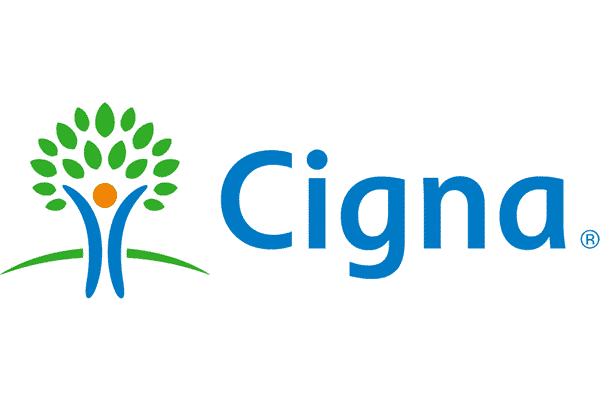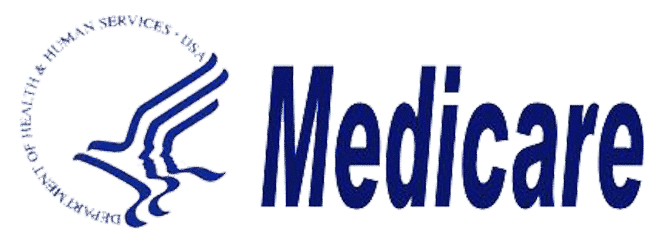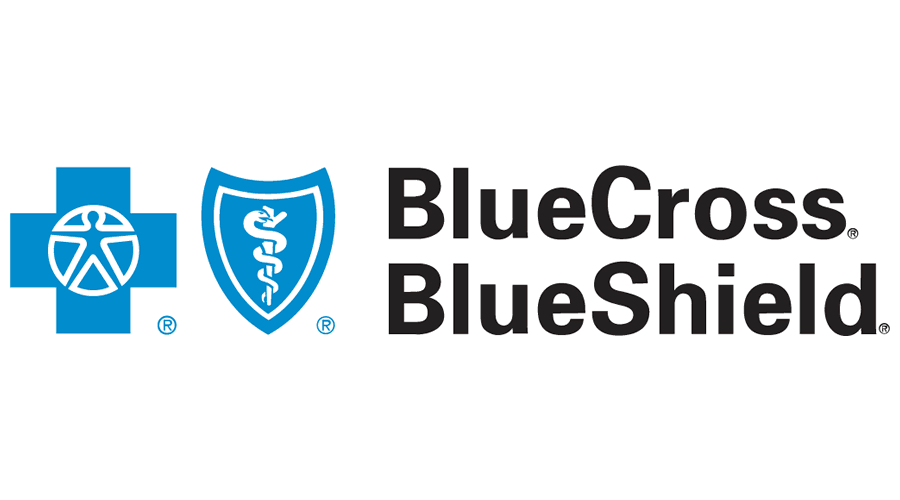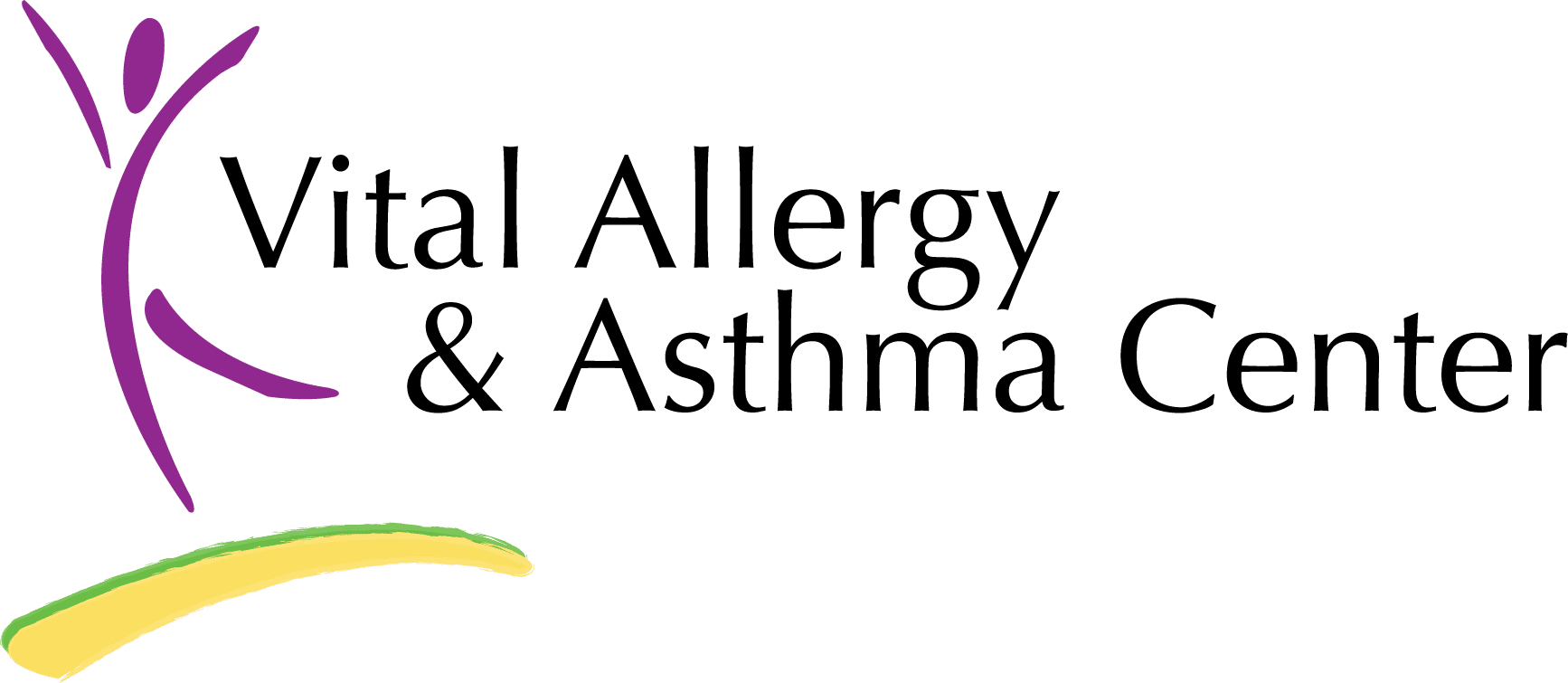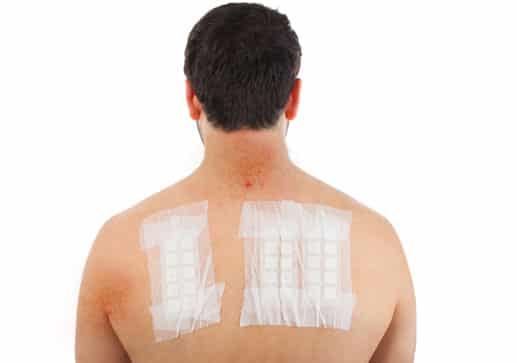Types of Allergies &
Treatment Options
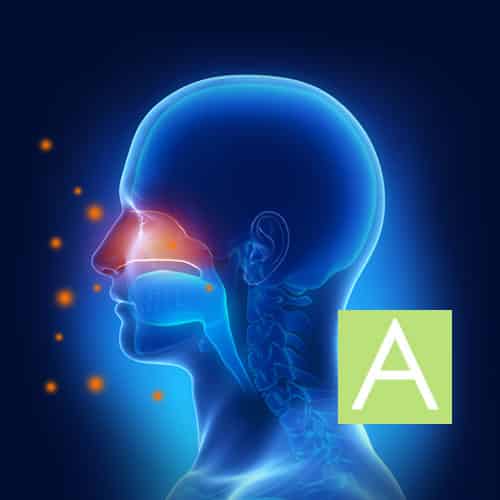
What are Allergies?
Allergies are hypersensitive immune responses to substances that either enter or come in contact with the body, such as pet dander, pollen or bee venom. A substance that causes an allergic reaction is called an “allergen”. Allergens can be found in food, drinks or the environment. Most allergens are harmless, i.e. the majority of people are not affected by them. If you are allergic to a substance, such as pollen, your immune system reacts to it as if it were a pathogen (a foreign harmful substance), and tries to destroy it.
You can’t cure allergies, but you can treat and control the symptoms. It may take a little work. You’ll need to make a few changes to your surroundings or figure out how to stay away from things that trigger allergy attacks.
Types of Allergies
Medication will ease your symptoms, but you may still have a reaction when you’re around an allergen. Kids, on the other hand, sometimes outgrow allergies, particularly with food. You might try a type of treatment called immunotherapy. You’ll get a bit of what you’re allergic to in the form of shots, oral tablets, or drops. It isn’t a cure, but it can weaken your reaction.
Food Allergies
Food allergies or food intolerance affect nearly everyone at some point. People often have an unpleasant reaction to something they ate and wonder if they have a food allergy. One out of three people either say that they have a food allergy or that they modify the family diet because a family member is suspected of having a food allergy. But only about 5% of children have clinically proven allergic reactions to foods. In teens and adults, food allergies occur in about 4% of the total population.
Skin Allergies
Red, bumpy, scaly, itchy or swollen skin – any of these signs may mean you have a skin allergy. Skin allergies are painful and unpleasant, but there are things you can do to treat and prevent an allergic skin reaction. The most common allergic skin conditions are: eczema, hives and angioedema, and allergic contact dermatitis. It is important to track when the allergy starts and what were you doing when it started. Also with today’s technology you can take a daily picture of your skin to compare allergy progress.
Airborne Allergies
Airborne allergies can be trigger by microscopic particles that travel thru the air and absorbe by our bodies. Air pollution such smoke or mold spores can really make a impact not just for the regular known allergy surfer but for every one that is exposed to them. The respiratory system will react those particles and start fighting them making the air track sand the lung tissue to swallow and obstruct air and this combination can be life treating. Allergic reaction to a pollutant can also cause Asthma or asthma symptoms and some times the continue exposure can slowly develop into chronic respiratory illnesses.
Relief for All of Your Allergy Needs
Allergies can cause any number of symptoms that we may not associate with an allergic reaction. Many of us recognize sneezing, itchy eyes, rashes or a runny nose can be caused by allergies. Symptoms can also include hives, stomach cramps, vomiting, diarrhea, pain, and cough.
It’s also true that you can encounter an allergen in a way you may not even expect it. You probably know that you can inhale allergens into your nose and lungs.That’s what sometimes causes sneezing, itchy eyes, runny nose or a cough. You can also ingest allergens by mouth. Food allergies are common and can have mild to severe symptoms.
Allergens can be injected into your body along with medications or by insect stings and bites.Your skin can also absorb allergens such as poison ivy or soap. Latex, metals and ingredients in some beauty and household products can cause problems this way, too.

Comprehensive Allergy, Asthma & Acne Care
Physicians and staff of Vital Allergy & Asthma Center are committed to providing compassionate, individualized, high quality medical care to patients of all ages in a warm and friendly environment.
This is achieved by utilizing state-of the art, innovative diagnostic tools in treating asthma, bronchitis, eye allergies, food allergies, skin allergies, rhinitis, sinusitis, and other allergic, and immunologic diseases.
What Are Allergies
Allergies are hypersensitive immune responses to substances that either enter or come in contact with the body, such as pet dander, pollen or bee venom. A substance that causes an allergic reaction is called an “allergen”. Allergens can be found in food, drinks or the environment. Most allergens are harmless, i.e. the majority of people are not affected by them. If you are allergic to a substance, such as pollen, your immune system reacts to it as if it were a pathogen (a foreign harmful substance), and tries to destroy it.
You can’t cure allergies, but you can treat and control the symptoms. It may take a little work. You’ll need to make a few changes to your surroundings or figure out how to stay away from things that trigger allergy attacks.
Avoidance & Prevention
Frequently Used Medications
Immunotherapy (Allergy Shots)
We accept most insurance plans.
Please call for details.
Our physicians are accepting new patients and many have same day or next day appointments available.


